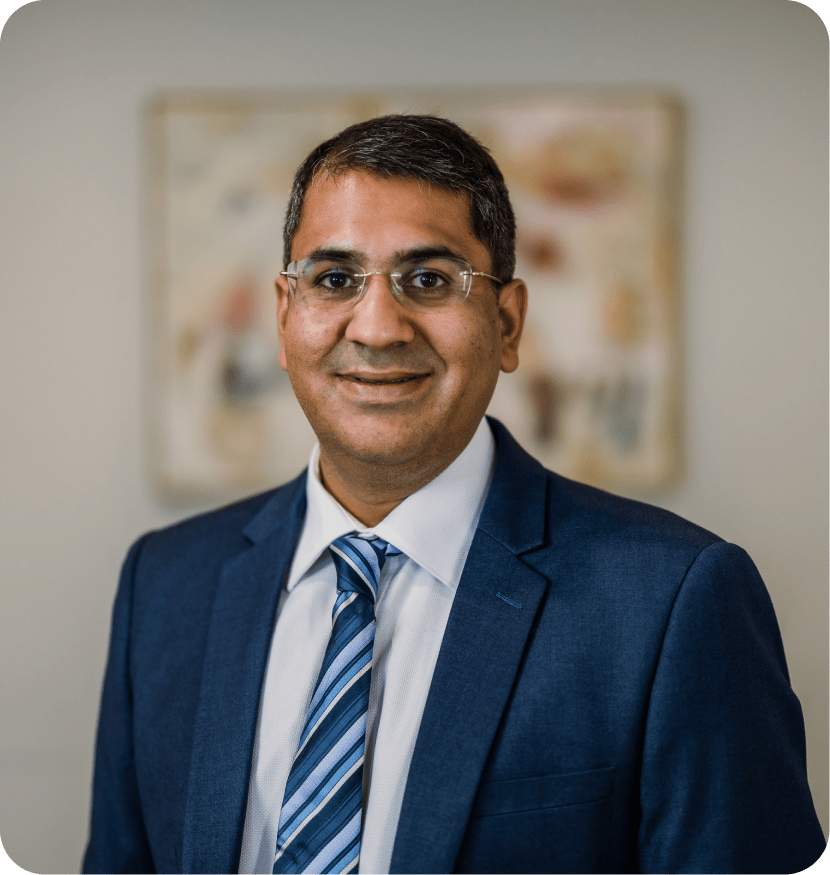Gastric sleeve surgery, also known as sleeve gastrectomy, is a popular bariatric surgery procedure for weight loss. The operation involves removing a large portion of the stomach, leaving behind a slender, tube-like stomach, resembling the shape of a banana. This significantly reduces the stomach’s capacity, which leads to a feeling of fullness after eating only a small amount of food.
The decision to undertake gastric sleeve surgery is usually thought about only after other options have been tried, such as dieting, exercise and other therapies.
Patients with a BMI score of 30 of over may be candidates for surgery. A wide range of lifestyle and psychological factors are reviewed prior to surgery, including prior attempts at dieting and losing weight, whether you have an underlying obesity-related medical condition that is increasing your risks of mortality, and whether you have sought psychological care and assessment in relation to your obesity.
Mechanism of Action:
Gastric sleeve surgery involves permanently altering the stomach. The surgery is performed laparoscopically (“keyhole” surgery), meaning it is minimally-invasive with a few small incisions in the abdomen.
During gastric sleeve surgery:
Due to the reduced stomach size, patients may need to make dietary adjustments to ensure they are getting all the necessary nutrients. It is crucial to work closely with a nutritionist or dietitian.

Due to the reduced stomach size, patients may need to make dietary adjustments to ensure they are getting all the necessary nutrients. It is crucial to work closely with a nutritionist or dietitian after surgery.
It is important to note that gastric sleeve surgery is not without risks and complications. Potential complications include:
The decision to undergo this surgery should be made in consultation with a healthcare provider and a thorough evaluation of the risks and benefits. Additionally, post-surgery, individuals must commit to significant dietary and lifestyle changes to maximise the benefits and maintain weight loss.

Dr Kaushal offers 15+ years of experience and holds a Master of Surgery Degree, as well as being fully certified in gastroscopy and colonoscopy by the Gastroenterology Society of Australia (GESA).
Dr Kaushal takes an empathetic, warm-hearted and friendly approach to patient care and is completely dedicated to patient outcomes.
He consults and operates across Souther-Western Sydney.